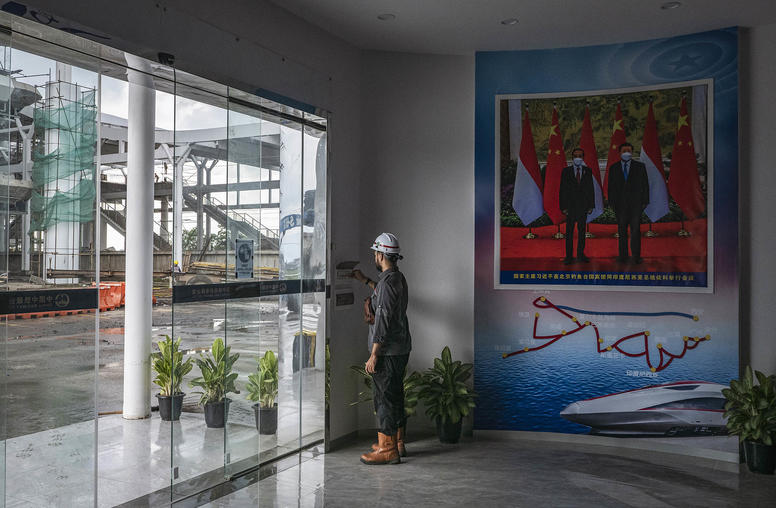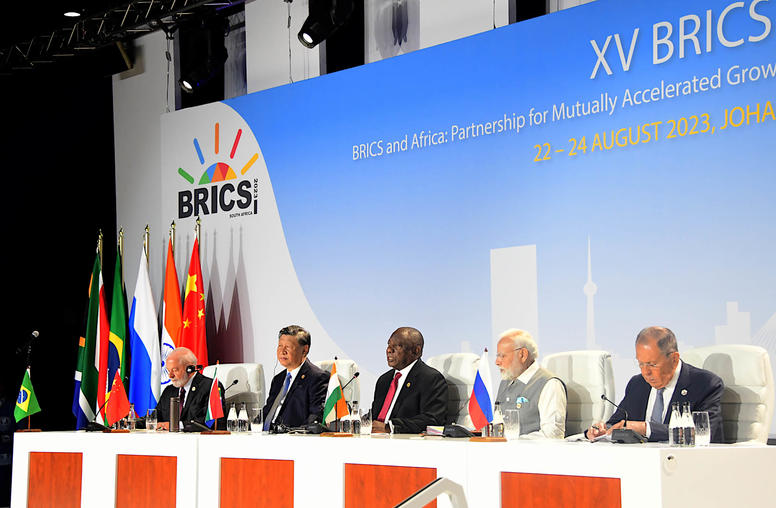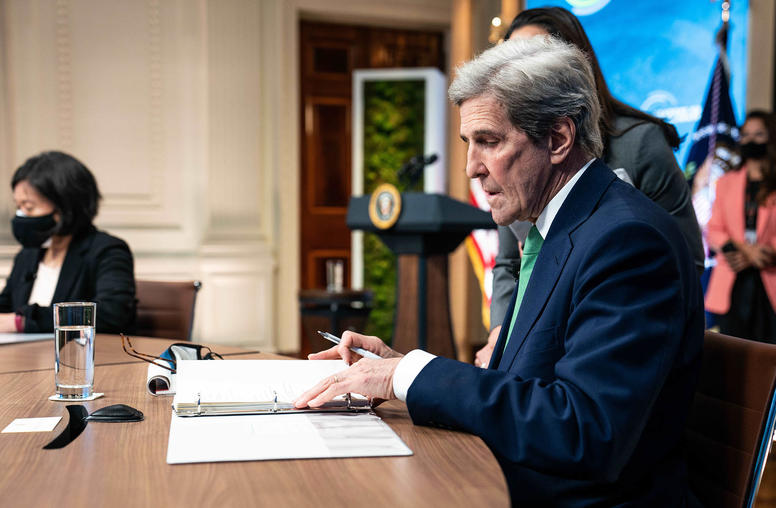Henry Tugendhat
Contact
Please submit all media inquiries to interviews@usip.org or call 202.429.3869.
For all other inquiries, please call 202.457.1700
Henry Tugendhat is an economist with the China team at the U.S. Institute of Peace. He focuses on issues related to China's impact on conflict dynamics in Africa and Latin America.
Tugendhat has worked on these issues for over a decade through previous employment at the Institute of Development Studies in the U.K., the China-Africa Research Initiative at Johns Hopkins University SAIS, and the World Bank Group’s macroeconomics, trade and investment team. His core areas of interest include conflict, economics and telecommunications in the context of China-Africa and China-Latin America relations.
Tugendhat lived and worked in China for three years and holds a master’s from the School of Oriental and African Studies at the University of London and a bachelor’s from the University of Leeds. He speaks Mandarin, French, Spanish, and Portuguese.
He has been featured in the Financial Times, the Economist and the Washington Post among other publications. He has also published peer-reviewed journal articles and is currently finishing his PhD at Johns Hopkins University SAIS.




